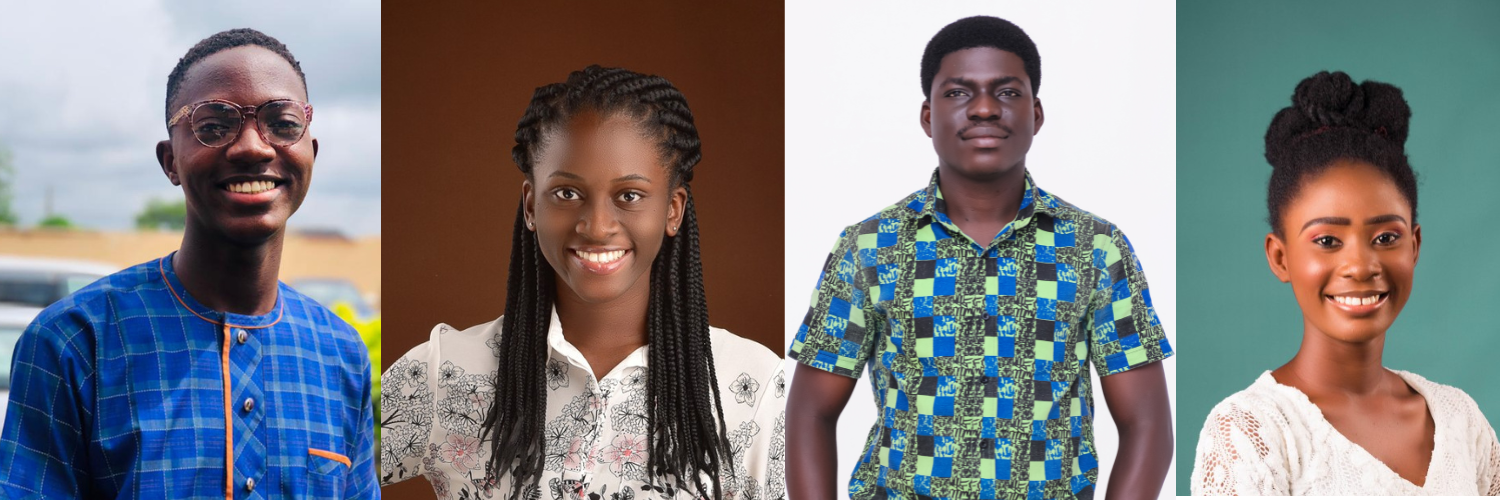Foreword by Mbanefo Chibuike
"A word after a word after a word is power." —Margaret Atwood
Memories of storytelling or poems alongside essays about “why I write” means we are laced with this trouble of forgetting about the spotlight, comparable to Arinze Ifeakandu’s capturing in New City, “to be in a city is to be lost in the midst of inanimate things, to be swallowed up by bricks giants and bright lights.” We take in a dosage of heart-breaking tales before we can get the first glimpse of light or hope or anything beautiful. Yet the only way to fully absorb this gift is to get them together, standing each work next to the artist, but even then, we ask, not knowing for certain, how beauty resides in ugly places? Returning to Arinze Ifeakandu’s words, “but they must embrace their city whose roads remain the same death-traps but whose sky is as beautiful as any,” we understand that even the floods can make the grounds grow tender.
Every emptiness that words find, they fill. These new voices covering the pages of this curation leave so much room for exchanging laughter and reflections, anger, and pleasure, refusing to conform and spinning tales into what has been largely unknown. It is safe to say that all who have chosen the way of words will bear the name writers. In the words of F. Scott Fitzgerald, the very essence of literature is that “you discover that your longings are universal longings, that you’re not lonely and isolated from anyone.” This anthology highlights the yearnings of writers and the desire of readers that is not just African but largely human.
In reading this collection, for instance, there is a catch: the writer approaches the work, the work doesn’t come to the writer. The storytellers go to their stories, and poets go to their poems. The writers may resent why they started writing at first but do not contest the contribution to their progress. Hence, we trace a writer’s tone in the word choice and how the texts make the reader feel. Even though the tones for a few other writers span a wide array of styles, from terse to prosaic, everyone seems to know what audience to speak to.
A Dawo Lafiya, which translates as “Come Back Safely” amongst the many tales, tells the story of an innocent act that forever alters the fate of a young boy. The precision to which an event is captured and the desperation of people subscribing to any semblance of hope in an irredeemable environment. Yet there is a story below, Beginnings and Revelations of hope, trying to spread light around and colour the world. You take a blind eye, and it stirs despair. You open your eyes, and everything becomes memorable. Just as you return, you find out that these stories are wonderful sicknesses. It is this mix that leaves you scrambling for more.
In the final poem, Meditations, the narrations are marked by the beauty of finding clarity amid chaos. Words are slaves to memories, and memories are slaves to meditations: in losing oneself to this sudden confusion, the trick is not to enjoy the works because that is easy. The trick herein is to stay afloat when the poet offers you rhymes about pain and not be blinded by artistry. This is what could be rewarding, for it is easy to get lost in the marvellous flow of words when he says, “writing is how I lose my body. It is how I find my form,” but suddenly chokes you with this pain “and lose it again.”
This anthology ushers in new-generation voices that may well break you or mend the broken pieces of what is left. Still, it is electric in the innocence of the personal stories, fuelled by the desire to begin a journey of storytelling and the poems collectively springing you to life again. It may be difficult for anyone to run through these pages without savouring their elegance and newness.
Mbanefo Chibuike
Stellenbosch, Western Cape


